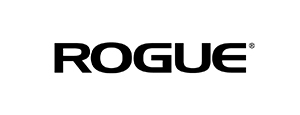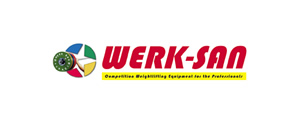The IOC said Friday that 2,203 doping tests have been carried out so far in the framework of the largest ever testing programme for an Olympic Games.
Beijing, 15 August
The IOC said Friday that 2,203 doping tests have been carried out so far in the framework of the largest ever testing programme for an Olympic Games.
The tests include 1,720 urine and 483 blood tests.
These tests cover the 18 day-period beginning 27 July 2008 until 13 August 2008.
Athletes qualified for the Beijing 2008 Olympic Games have been tested by the World AntiDoping Agency and BOCOG under the authority of the IOC.
The tests include pre-competition controls, which have proved to be decisive.
Out of the 2,203 tests carried out so far, 1,250 were performed pre-competition> 800 urine and 450 blood tests.
The IOC had decided to increase the number of tests up from 3,600 in Athens to 4,500 in Beijing.
As a general rule, all top five finishers plus a further two will be tested.
The new anti-doping rules applied at the Beijing Games include several new elements:
– an athlete may be notified and tested more than once during the same day,
– the fact that athletes who miss a test on two separate occasions during the Games, or on one occasion during the Games plus twice in the 18 months beforehand, will be considered to have committed an anti-doping rule violation,
– possession of any substance from the list of prohibited substances will constitute a violation (previously only a selection from the prohibited list applied).
As the ruling body for the Olympic Games, the IOC is delegating the responsibility for implementing doping controls to the Organising Committee for the Olympic Games (BOCOG) and the World Anti-Doping Agency (WADA).
They are acting under the IOC’s authority.
The IOC Medical Commission is responsible for overseeing all doping control processes on/site, which are in full compliance with the IOC Anti-Doping Rules, the World Anti-Doping Code and the International Standard for Testing (ISO9001:2000).
The tests are being conducted at 41 doping control stations, 34 located in Beijing and 7 in the co-host cities.
All venues are equipped with a standard doping control stations, 34 located in Beijing and 7 in the co-host cities.
All venues are equipped with a standard doping control station where blood and urine can be collected.
The samples are being analysed in a period of between 24 and 72 hours only, depending on the kind of test.
ONS














